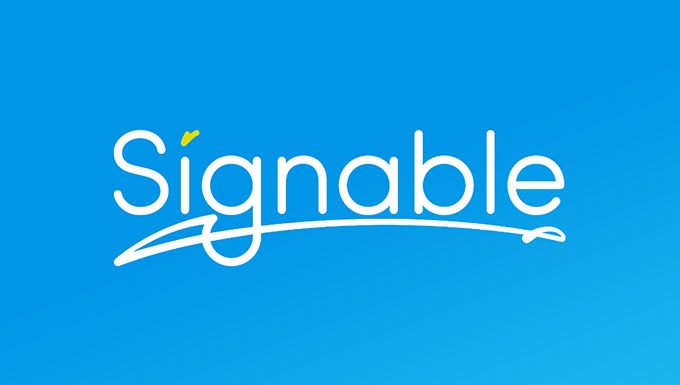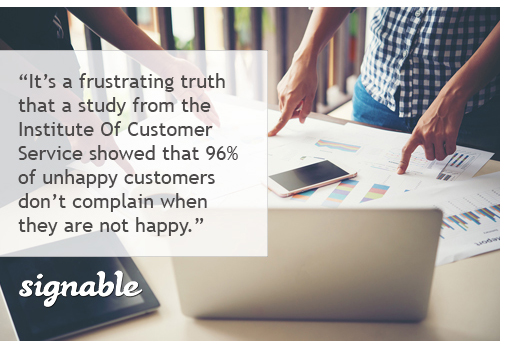How To Build A Better Business Relationship

Published:

How To Build A Better Business Relationship
Developing the relationship with each customer is crucial to many aspects of the customer journey and should not be seen as a cost exercise as the return on investment for this is huge for any business.
Spending time listening and getting to know the customers’ needs/wants/how they work benefits customer loyalty as they appreciate that they are not just a number and that the organisation places value on them. By placing value this impacts and benefits customer retention as loyalty is grown the customer does not want to shop around as they have comfort in the knowledge of respect.
By knowing the customers you grow the customer satisfaction as by having open and honest/transparent communication you can take on suggestions/feedback and filter these through for other customers the impact on satisfaction here is twofold, firstly the customer that has provided feedback knows again value and this increases their satisfaction, secondly if rolled out correctly (by acting on each customers best contact channels) the rest of the customer base see an evolving company that are acting in the best interests of it’s customers.
What’s the key?
The key to building customer relationships is to keep your focus on every interaction. Every interaction with a customer should be treated as an opportunity to monitor and build that relationship

By keeping in regular contact, you can track customer sentiments towards your business, and rectify problem areas identified through your regular communication. It’s a frustrating truth that a study from the Institute Of Customer Service showed that 96% of unhappy customers don’t complain when they are not happy and 91% will simply leave and never return.
Commitment is an essential ingredient for successful long-term relationships. Developing a customer’s commitment in business relationships does pay off in increased profits, customer retention, willingness to refer and recommend. Relationship marketing literature suggests customer satisfaction and trust as major determinants of commitment.
It’s essential to exhibit these characteristics, because trust diminishes the perceived risk and vulnerability in a partnership, leading to increased customer satisfaction and reduced churn. If you don’t act in your customer’s best interests, lie to hide your flaws and make heaps of mistakes, your customer will realise you can’t be trusted, and abandon your business.